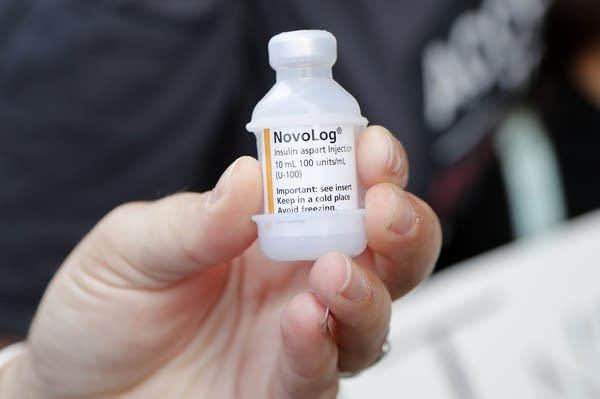Senate panel approves emergency insulin bill

A patient holds a vial of insulin during a news conference outside the Olde Walkersville Pharmacy in July 2019 in Windsor, Ontario.
Carlos Osorio | AP Photo file
Go Deeper.
Create an account or log in to save stories.
Like this?
Thanks for liking this story! We have added it to a list of your favorite stories.


